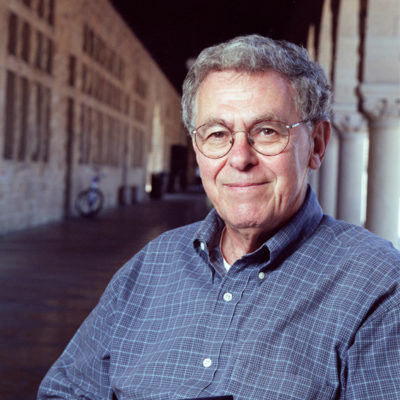Imaginary Fiends
Summary
Professor Lawrence Friedman, an expert on law and society, is quoted in The Boston Globe on the gap between reality and perception regarding crime rates in the United States over the last decade. Joe Keohane reports:
The year 2009 was a grim one for many Americans, but there was one pleasant surprise amid all the drear: Citizens, though ground down and nerve-racked by the recession, still somehow resisted the urge to rob and kill one another, and they resisted in impressive numbers. Across the country, FBI data show that crime last year fell to lows unseen since the 1960s – part of a long trend that has seen crime fall steeply in the United States since the mid-1990s.
At the same time, however, another change has taken place: a steady rise in the percentage of Americans who believe crime is getting worse. The vast majority of Americans – nearly three-quarters of the population – thought crime got worse in the United States in 2009, according to Gallup’s annual crime attitudes poll. That, too, is part of a running trend. As crime rates have dropped for the past decade, the public belief in worsening crime has steadily grown. The more lawful the country gets, the more lawless we imagine it to be.
…
But while these quintessentially human inclinations would explain the ever-present gap between reality and perception when it comes to crime, they don’t account for how drastically reality and perception have parted ways since 2001. It was one thing to believe crime was worsening in the early ’90s, because rates were near an all-time high, but now that we have what we want – a comparatively low crime rate – we refuse to believe it. The divergence has left even a lot of researchers mystified. “It’s definitely a puzzle,” said Lydia Saad, a Gallup senior editor who works on the poll. Stanford Law School professor Lawrence M. Friedman responded to an e-mail asking for possible explanations by writing, “The bottom line is, we just don’t know.” Bryan Caplan, an economics professor at George Mason University who has written about the phenomenon, said, “It’s one thing to be more pessimistic than is justified. It’s another thing if your pessimism isn’t even responsive to objective reality.”
Read More
